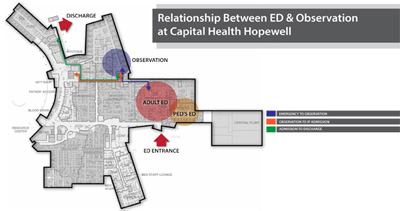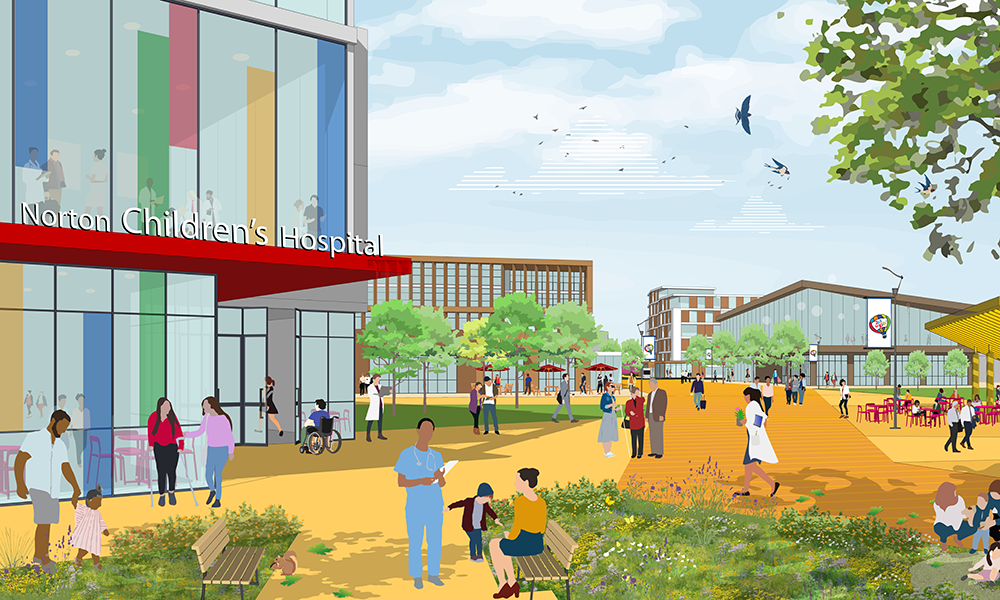 A recent study in health affairs, with support by the Advisory Board Company, expresses the efficiency of using observation units. These units can be more efficient for providing care to certain patients and can result in shorter lengths-of-stay and lower costs versus admitting them to the hospital. According to the study, researchers found that using an observation unit could avoid 3,600 inpatient admissions per year and save $4.6 million per year. However, only about one in three hospitals in the U.S. use an observation unit.
A recent study in health affairs, with support by the Advisory Board Company, expresses the efficiency of using observation units. These units can be more efficient for providing care to certain patients and can result in shorter lengths-of-stay and lower costs versus admitting them to the hospital. According to the study, researchers found that using an observation unit could avoid 3,600 inpatient admissions per year and save $4.6 million per year. However, only about one in three hospitals in the U.S. use an observation unit.
One of Array Architects’ recently completed Greenfield replacement hospitals uses an observation unit for these very reasons. The emergency department at Capital Health Medical Center – Hopewell in Pennington, N.J., includes all private exam rooms, with separate adult and pediatric components. However, the design team, along with Capital Health, recognized that throughput efficiencies could be further enhanced with the inclusion of a dedicated observation unit directly adjacent to the emergency department.
Hopewell uses an eight-bed observation unit for those patients who cannot yet be safely discharged, but do not require full admission to the hospital. The unit is thoughtfully located just outside the emergency department, yet easily and quickly accessible by both emergency department and inpatient teams and is conveniently accessible to the discharge waiting area. This also provides the patient with a better level of care and feeling that they are not being left in an exam room unobserved for an extended period of time. In addition, this allows the exam room to be turned over and ready for the next patient, resulting in shorter door-to-exam times and greater patient satisfaction.
While it is anticipated that the Affordable Care Act will increase the overall number of insured patients, many still use the emergency department as the primary entry point to hospital care. By many estimates, this produces more than 50 percent of non-obstetric inpatient admissions. This means that half of the arrivals at a hospital facility have their first experience by way of the emergency department. Without efficient throughput, that patient experience could be devastating to the facilities reputation in an ever-increasing, consumer-driven health care environment. The properly planned and used observation unit can enhance that throughput, reduce inpatient admissions, provide operational savings and improve patient satisfaction.





